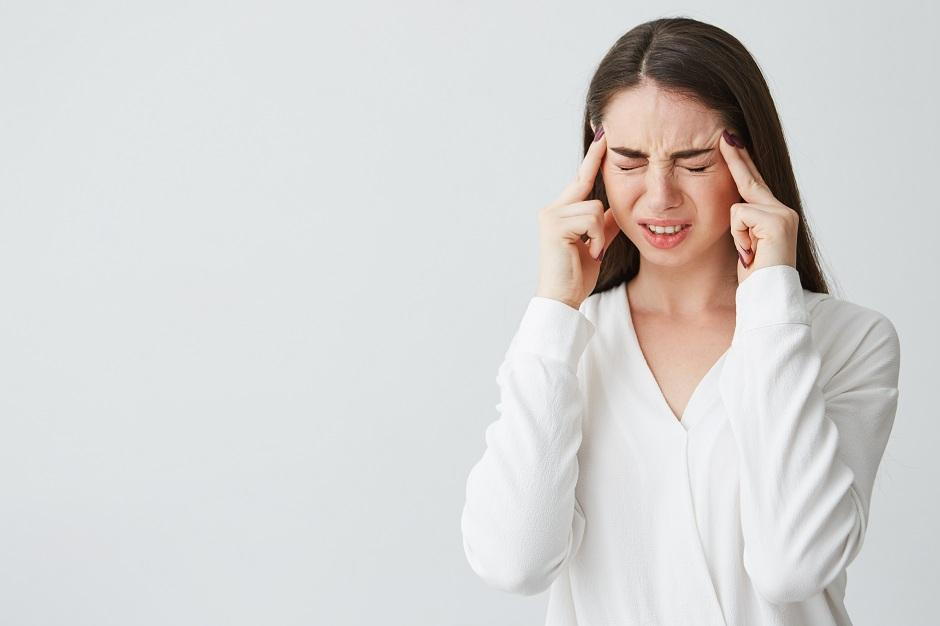
There are a lot of people who suffer from dental anxiety, which could discourage them from getting the necessary dental care. An important approach used in dental procedures is Anxiolysis, which involves lowering anxiety and promoting relaxation. Dental experts try to make patients feel at ease and relaxed by using a variety of methods and medications.
Let Us Understand Anxiolysis
Anxiolysis is a term used to describe the reduced anxiety and increased relaxation that dental operations cause in their patients. It includes a variety of methods and medicines intended to reduce patients' worries and anxiety about going to the dentist, making their experience easier.
Dental anxiety can be brought on by a number of things, such as:
- Past unpleasant experiences
- Fear of pain
- Embarrassment
- A generalized dread of the unknown
Methods Used in Anxiolysis
Dentists use both non-pharmacological and pharmacological treatments to relieve anxiety.
Non-pharmacological Techniques
Techniques that aren't pharmaceuticals include -
- Treatments for distraction
- Relaxation techniques
- Behavior modification methods
By creating a supportive environment, speaking with patients in a nice manner, and offering distractions like music or television, dental professionals can help patients feel less anxious.
Pharmacological Technique
Dental professionals may choose to use pharmaceuticals to attain anxiolysis in situations where non-pharmacological therapies alone may not be enough.
Among the frequently prescribed drugs are
- Benzodiazepines -
Oral drugs known as benzodiazepines have calming effects that relax the body and lower anxiety.
- Nitrous oxide -
Inhaled nitrous oxide, also known as "laughing gas," has a relaxing and euphoric impact.
- Certain antidepressants -
Patients with severe dental anxiety may potentially be administered antidepressants if needed.
Benefits of Anxiolysis
In dental procedures, anxiety-reduction techniques have a number of advantages.
- Readiness to Cooperate
Patients are more inclined to cooperate when their anxiety is lower, which enhances the effectiveness of treatment.
- Less Chance of Avoiding Dental Procedure
Anxiolysis lessens the impulse to put off getting dental care, improving oral health, and stopping the advancement of dental issues.
- Less Negative Thoughts
It helps patients feel more at ease and lessens any negative feelings they may have about going to the dentist.
Consideration
It is important to keep in mind that anxiolysis should only be used by qualified dental practitioners. When deciding on the best course of action, variables like the patient's medical history, current medications, and level of anxiety should be taken into account. To ensure a patient receives safe and efficient care, dentists may work together with the patient's primary healthcare provider or psychiatrist.
Other Medical Procedures That Use Anxiolytics
Anxiolytics are not just used in dental procedures but also in other medical procedures.
Anxiolytics are prescribed to manage anxiety disorders or to treat and prevent anxiety symptoms.
In addition, they are used to treat other health issues like epilepsy, insomnia, and other sleep disorders. Some anxiolytic drugs are also sedatives, but they are used in different ways. Anxiolytics are used to treat anxiety specifically, whereas sedatives are used to treat insomnia, epilepsy, and other sleep disorders as well as to numb the patient during surgery.
Anxiolysis is a way your dental health care provider helps you become relaxed so that you can get that important dental treatment done and stay healthy. We hope that this blog post was helpful to you and when next time to hear this word, you would know what it means and how it can help you.
